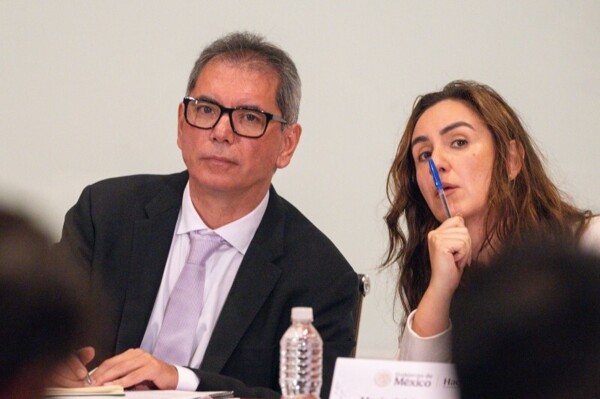
The Institute of the National Housing Fund for Workers (Infonavit) plans to use up to 100 billion pesos from workers' savings for the construction of affordable housing, following the approval of a reform to its law. Despite being aimed at reducing the housing deficit of 8 million homes, the project has generated criticism due to the perception of a lack of regulation and transparency in the management of resources, as well as possible tax advantages that could harm private developers.
The recently approved reform primarily aims to address the housing deficit of more than 8 million units in Mexico by offering homes priced below 600 thousand pesos. This translates into an effort to significantly reduce the cost of housing so that the authority only has to maintain it to achieve the goal of construction. "Ultimately, what is sought is for the cost of a home to be much lower and for the authority to only maintain it to achieve the construction objective," emphasized a representative.
On the other hand, one of the controversial points of the Infonavit reform focuses on the use of workers' savings, which amount to over 2.4 trillion pesos. Nevertheless, proponents of the initiative assert that only 0.55% of these funds will be used for housing construction. Jesús Sandoval, general director of the housing developer Ruba, considered the idea of state participation in housing production to be positive, especially in affordable housing that has currently been neglected in Mexico due to high land, infrastructure, and material costs.
Infonavit's proposal to use resources to build homes costing less than 600 thousand pesos has raised questions about transparency and fund management. Some industry actors argue that the entity is not designed to store money but to invest in housing. Alberto Moreno, president of the National Chamber of Industry Development and Promotion of Housing (Canadevi), pointed out that excess money might indicate a lack of investment and home acquisition.
The initiative has also raised concerns about the unfair competition Infonavit could represent for housing developers, as it is not subject to Income Tax (ISR) payments. Experts suggest that this situation could harm private builders. It is worth mentioning that Infonavit's expectation is for its construction company to generate low-cost homes without obtaining significant profits.
In this scenario, the need for greater supervision and regulation over government actions in this area is highlighted. Edgar Enríquez Álvarez, president of the Representative Commission before Social Security Organizations of the IMCP, emphasized the importance of maintaining strict control over the implementation of the reform to ensure its proper application and avoid possible deviations.














